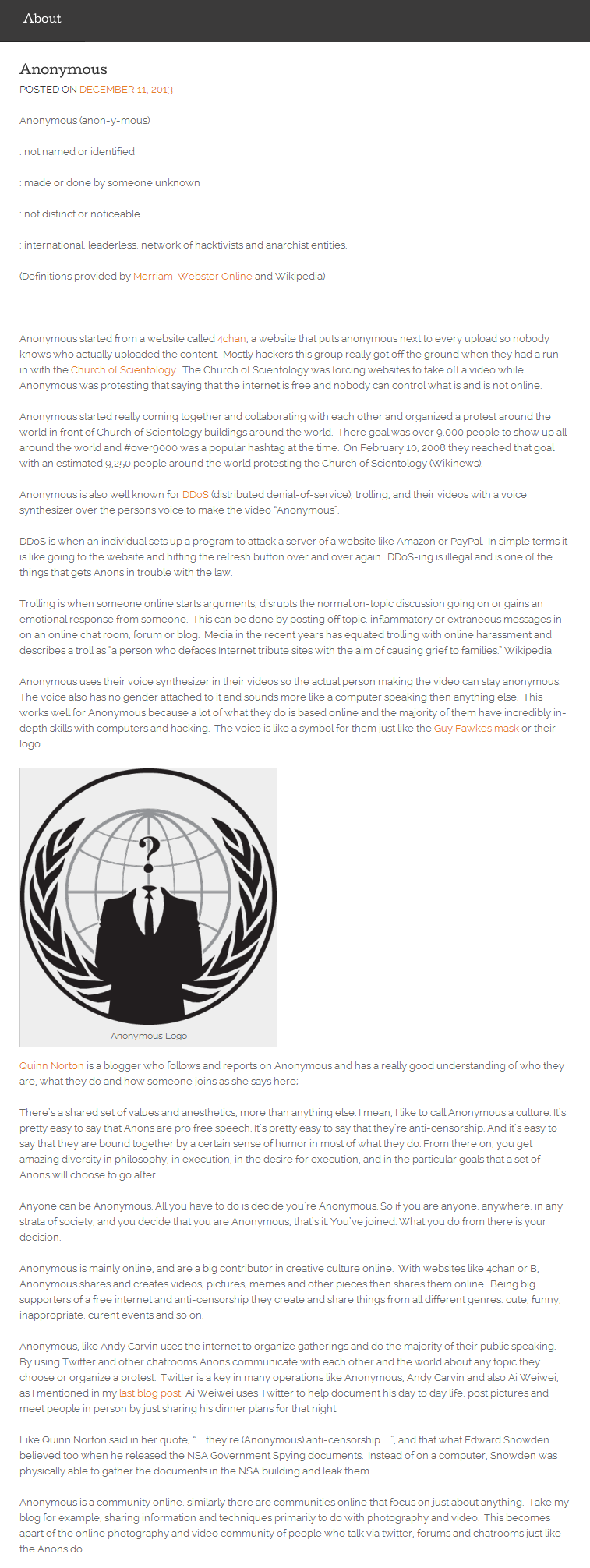December 10th, 2013, 15:09 GMT · By Eduard Kovacs
OpKillingBay: Hackers of RootSecurity Announce Their Support – Video
<iframe src="//www.youtube.com/embed/kye4xA6xRB4?rel=0" allowfullscreen="" width="640" frameborder="0" height="480"></iframe>
Hackers of RootSecurity (r00ts3curity) have published a video to announce their support for Operation KillingBay, the campaign initiated by Anonymous hacktivists in protest against the killing of dolphins and orcas in the Japanese town of Taiji.
“We will kill servers, and leak every database we can get our hands on until you realize the wrong you're doing, we are done playing around, it is time for the games to stop,” the hackers warned.
They’ve already started targeting websites. So far, they’ve leaked information from three Japanese websites: japanarts.co.jp, overseas.sanwa-meter.co.jp and service-js.jp.
However, it’s worth noting that these websites don’t appear to have anything to do with dolphins or the Japanese government.
The initiators of OpKillingBay seem to be determined not to give up until the Japanese government takes action to put an end to what’s happening in Taiji. However, the number of people showing support for the operation on social media websites appears to be decreasing by the day.




